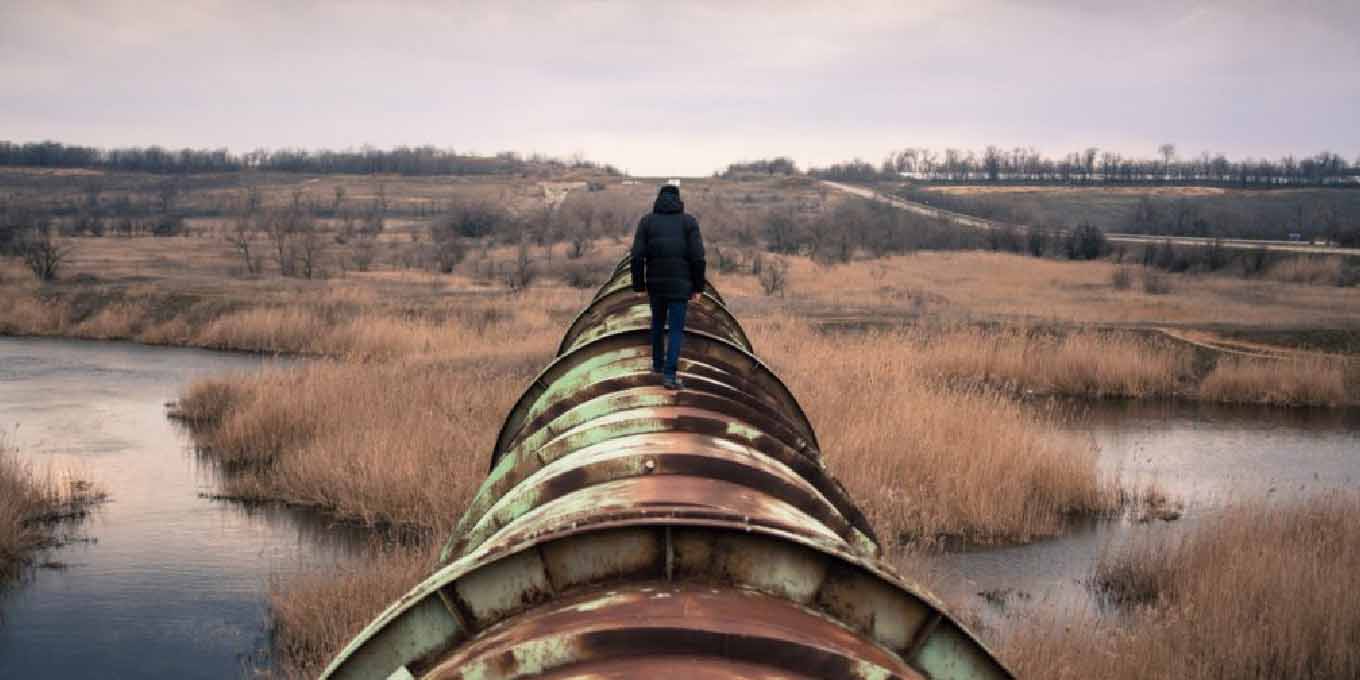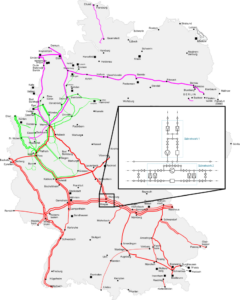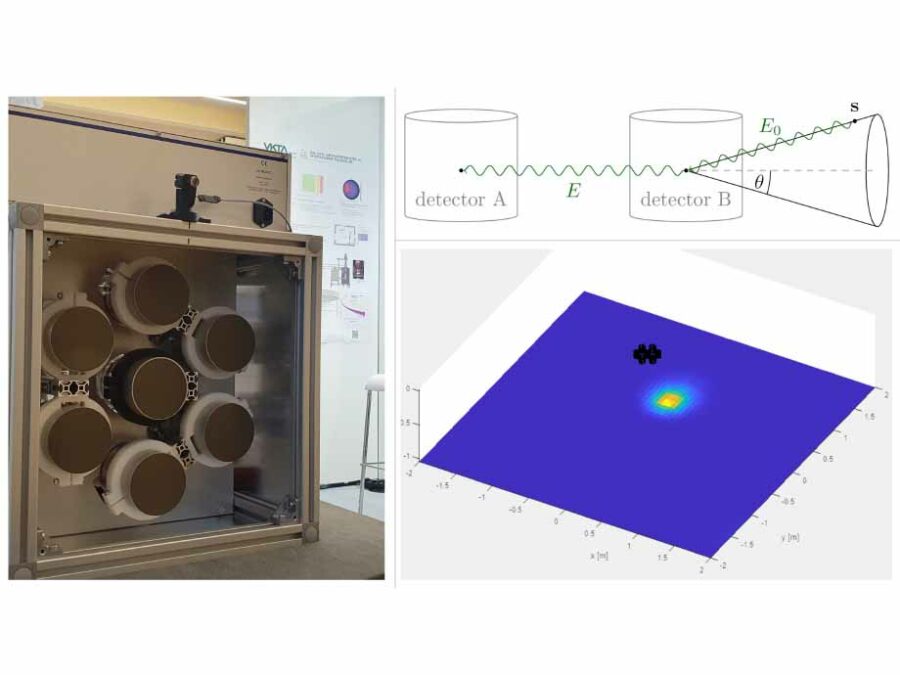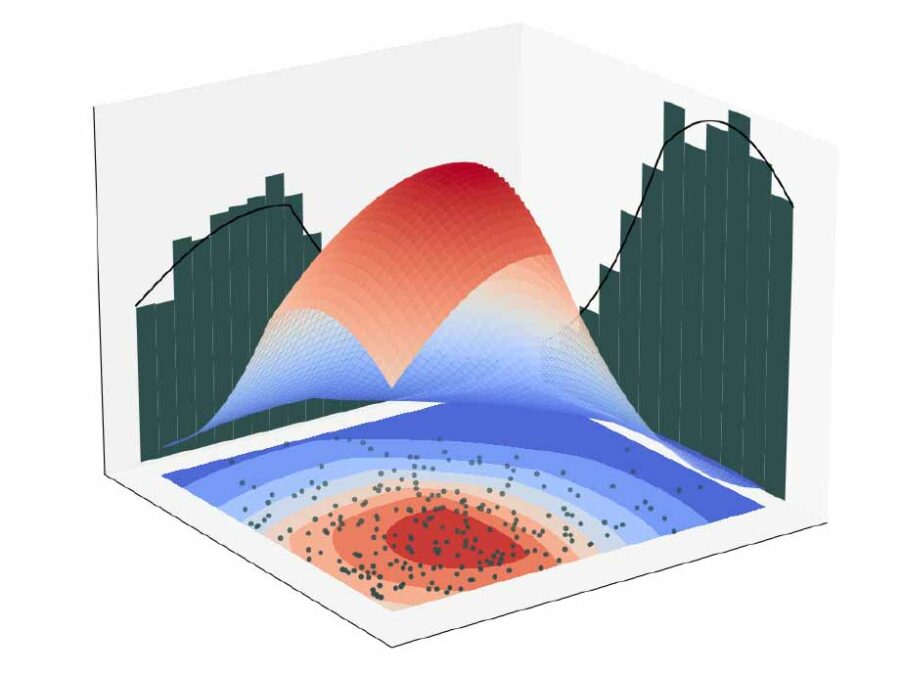SFB Transregio 154 – C06: Transport metrics for analysis and optimization of network problems

SFB TRR 154 is a project financed by the German Research Foundation (DFG) and combines different fields of mathematics, for instance integer-continuous methods, model adaptation, coupling and control, and analysis and numerical simulation, to analyze and optimize gas markets, gas infrastructure, and operation of gas networks. The third funding period started in summer 2022 and specifically focuses on the transition from natural gas to hydrogen and the challenges arising from the differing physical properties of hydrogen. This leads to the main two questions of the project:
- How should the transition from natural gas to hydrogen be organized regarding repurposing or reconstruction of existing network infrastructure and regarding the interaction of agents participating in both sectors?
- How can natural gas and hydrogen (mixture) networks be operated, especially considering purity requirements and the avoidance of pressure fluctuations?
Hence the project aims at delivering new insights in a hierarchy of models, the coupling of integer and continuous models, and methods for decision-making under uncertainty, which then can be applied to extending and repurposing existing gas infrastructure and optimizing control of gas networks to enable the transition to new energy sources.
Subproject C06 specifically wants to utilize Wasserstein(-type) metrics for the analysis and optimization of network problems by defining generalized gradient flow structures, developing structure-preserving variational time discretization of equations on networks, and studying the convergence of 3D models to reduced 1D networks.


